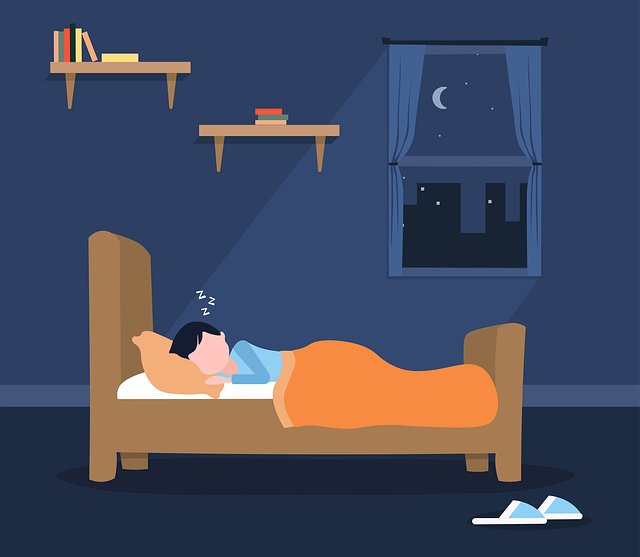Excessive melatonin intake, particularly above 30 mg daily for extended periods, can lead to adverse effects like grogginess, headaches, and disruptions in sleep cycles. "How much melatonin is dangerous" varies based on age, health, and specific goals, making personalized advice from a healthcare provider essential before starting any supplement regimen. Safety thresholds are influenced by individual factors, with short-term use of 0.5 to 10 mg generally considered safe for insomnia treatment. Consulting professionals is crucial, especially for those with pre-existing conditions or on other medications.
Melatonin, a natural hormone often used as a sleep aid, is widely available but its safety, especially at higher doses, is a growing area of concern. This article delves into the crucial topic of melatonin safety, focusing on understanding dangerous thresholds and the potential risks associated with excessive intake. We explore critical questions like: How much melatonin is dangerous? What are the side effects to watch out for? And how can we set safe guidelines for responsible use?
- Melatonin Dosage: Understanding Safe Levels
- Risks and Side Effects of Excessive Melatonin Intake
- Setting Thresholds for Responsible Melatonin Use
Melatonin Dosage: Understanding Safe Levels

Melatonin dosage, while seemingly straightforward, is a nuanced topic that requires understanding safe levels to avoid potential risks. The ideal melatonin dose varies from person to person, depending on age, overall health, and specific sleep goals. Studies generally suggest keeping daily melatonin intake below 10 mg for adults. However, how much melatonin is dangerous can depend on several factors.
Consuming excessive melatonin, particularly in amounts exceeding 30 mg per day for extended periods, may lead to adverse effects such as grogginess, headaches, and disruptions in circadian rhythm. It’s crucial to remember that “more is not always better” when it comes to melatonin supplements. Always consult a healthcare provider before starting any new supplement regimen to ensure you’re staying within safe boundaries and receiving personalized advice tailored to your needs.
Risks and Side Effects of Excessive Melatonin Intake

Excessive melatonin intake, while rare, can lead to several risks and side effects. How much melatonin is dangerous varies from person to person, but generally, significantly surpassing the recommended dosages can disrupt natural sleep cycles, causing insomnia or excessive drowsiness during daytime hours. This imbalance can have cascading effects on daily functioning, mood, and overall health.
High doses of melatonin may also interact with certain medications, potentially intensifying their effects or altering their absorption. It can lower blood pressure, affecting individuals with low blood pressure or those taking blood pressure medication. Additionally, excessive melatonin can interfere with thyroid function, as it plays a role in regulating these hormones. Symptoms of excess melatonin intake include dizziness, headaches, gastrointestinal upset, and in extreme cases, cognitive impairment.
Setting Thresholds for Responsible Melatonin Use

Melatonin safety is a crucial aspect often overlooked when considering supplements. While melatonin plays a vital role in regulating sleep cycles, understanding its dangerous thresholds is essential for responsible use. The question “how much melatonin is dangerous?” doesn’t have a one-size-fits-all answer; it depends on individual factors like age, health status, and existing medication.
Setting appropriate boundaries ensures melatonin remains a beneficial tool. For most adults, a dose range of 0.5 to 10 mg is considered safe for short-term use to treat insomnia. However, exceeding these limits can lead to adverse effects such as grogginess, headaches, and disrupted circadian rhythms. It’s crucial to consult healthcare professionals before incorporating melatonin, especially for those with pre-existing health conditions or taking other medications, to avoid potential interactions and ensure a safe and effective experience.
Understanding the safe dosage of melatonin is crucial to avoid potential risks. While it offers sleep benefits, excessive intake can lead to adverse side effects. Knowing the dangerous thresholds and setting responsible limits are essential to ensure melatonin remains a helpful tool for improving sleep health without causing harm. Always consult with a healthcare professional to determine the appropriate dosage based on individual needs and factors, especially when considering higher levels.

